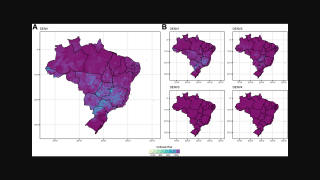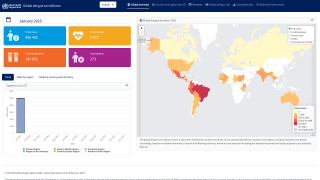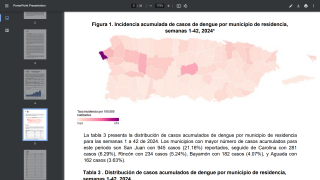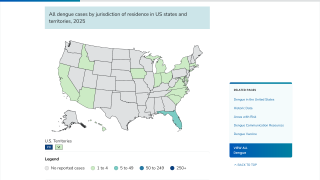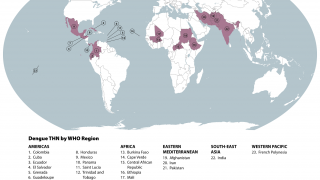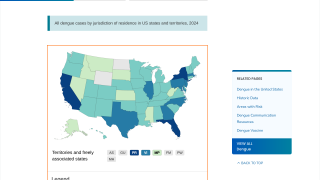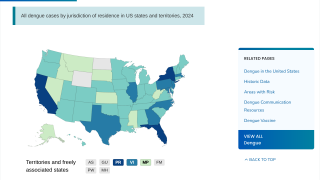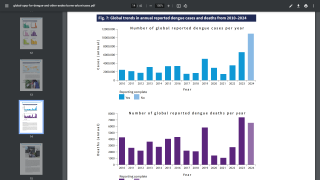Over 8,100 People Died from Dengue in the Americas
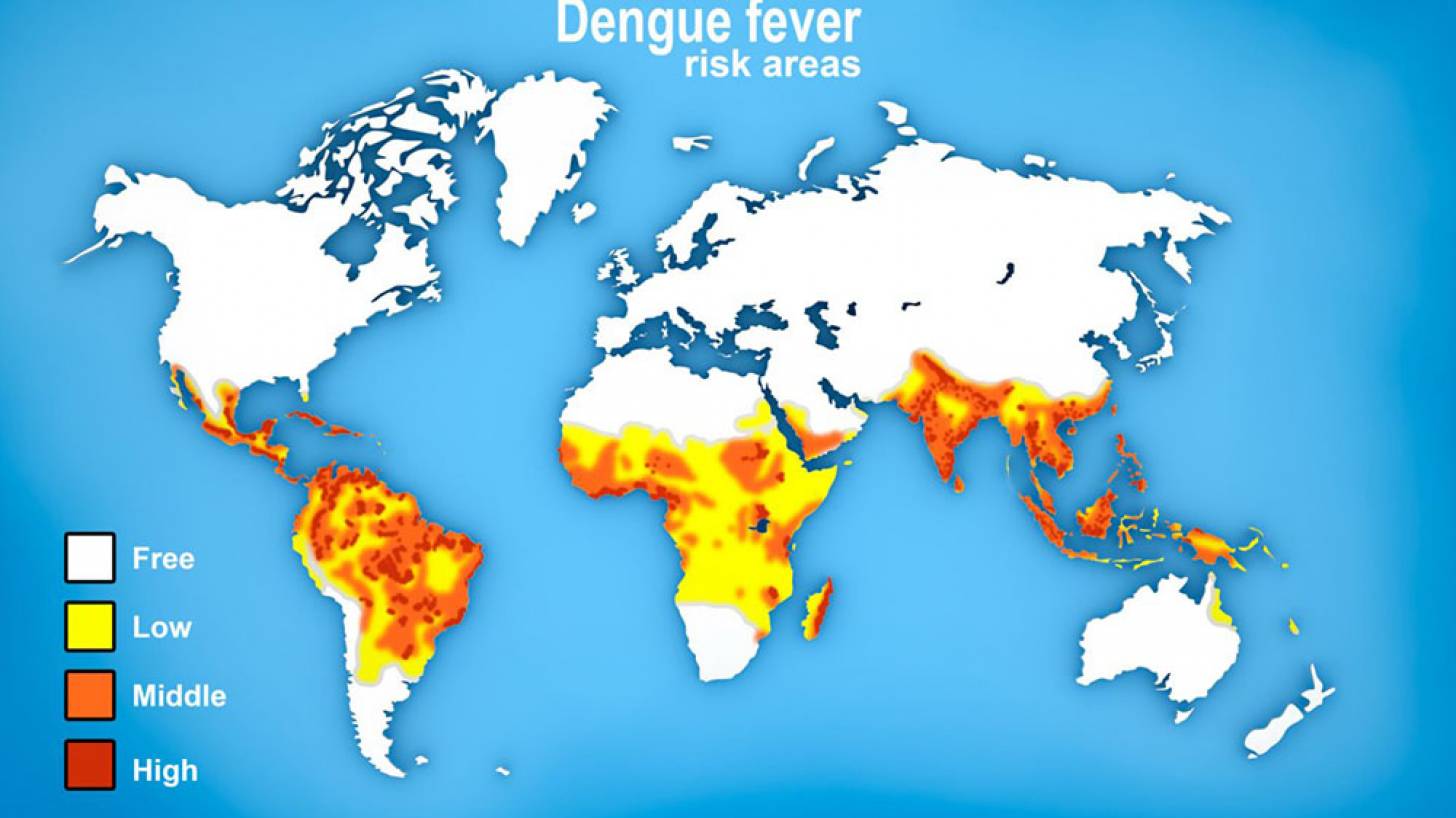
Dengue fever disease has afflicted humanity for centuries and possibly longer. To increase awareness, the World Health Organization (WHO) has classified dengue outbreaks as a grade 3 emergency.
In 2024, this mosquito-transmitted virus set new, unfortunate records in over 100 countries worldwide, with an estimated 4 billion people at risk.
For example, the Pan American Health Organization (PAHO) reported over 13 million dengue cases and 8,151 related fatalities in the Region of the Americas last year.
This PAHO data surpasses 2023 when 4,617,108 dengue cases were confirmed in over 40 countries.
And in 53 United States jurisdictions, 9,391 dengue cases were confirmed as of December 31, 2024.
Furthermore, without ample supply and access to dengue vaccines, the outbreak in the Americas started on a similar trend in 2025.
As of January 22, 2025, 136,567 dengue cases and nine related fatalities had been reported in the Americas this year.
To curtail this trend, the WHO recently published its Global Strategic Preparedness, Readiness, and Response Plan (SPRP), which is excerpted below:
In the past 20 years, the global prevalence and impact of chikungunya, dengue, and other arboviruses, such as Zika, have been a significant threat to public health, particularly in tropical areas where the diseases are endemic.
As these diseases thrive primarily in urban settings and easily and quickly cross borders, the fight against dengue and other arboviruses demands a concerted, strategic, and informed response, which this SPRP aims to achieve.
Our multifaceted approach emphasizes integrated surveillance, laboratory diagnosis, vector control, community engagement, clinical management, and research and development. By tackling these diseases from multiple angles, we aim to reduce the disease burden, save lives, and minimize the socioeconomic impact of dengue and other Aedes-borne arboviruses.
The SPRP also includes measures for safe programming to ensure our interventions are secure and do not exacerbate the risk for those already vulnerable to severe disease from dengue and other arboviruses or those involved in responding to the crisis.
Dengue prevention and control are shared responsibilities, and everyone has a role to play, from maintaining clean environments to supporting vector control initiatives and seeking timely medical care.
Regarding vaccines, the SPRP commits to supporting research and innovation to fill knowledge gaps, improving diagnostic and treatment options, and developing novel prevention strategies, including vaccines. Safe and effective dengue vaccine development has been pursued over several decades.
The first dengue vaccine (Dengvaxia®) was licensed in 2015 in several disease-endemic countries. However, it was not widely introduced in in-country programs because it requires pre-vaccination testing.
A second-generation dengue vaccine (Qdenga®) has been widely licensed based on phase 3 results showing a high level of vaccine efficacy both in previously uninfected and infected individuals.
Recognizing some remaining data gaps in seronegative individuals, WHO has issued a conditional recommendation for use in routine immunization programs for geographic locations with high transmission intensity and where dengue poses a significant public health problem, targeting children aged 6–16 years.
As of January 22, 2025, neither dengue vaccine is offered in the United States.
Another dengue vaccine (Butantan-DV) is currently in phase 3 clinical development and should be submitted for licensure soon.
The U.S. Food and Drug Administration and European Medicines Agency recently licensed a first-generation chikungunya vaccine. The WHO is assessing the vaccine recommendations and will eventually develop a position on using chikungunya vaccines.
'Together, we can turn the tide against this disease, protect vulnerable populations, and pave the way for a healthier future,' concluded Dr. Tedros Adhanom Ghebreyesus, Director-General, WHO.
Our Trust Standards: Medical Advisory Committee




